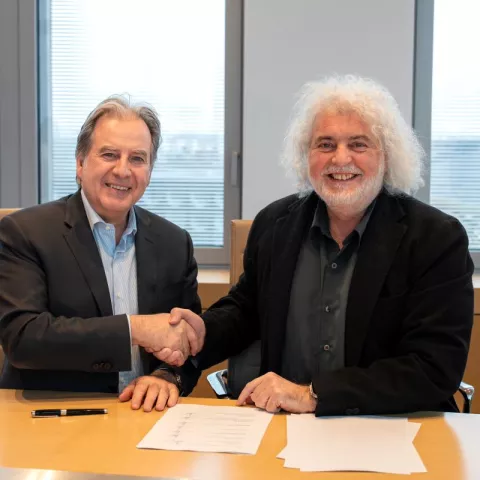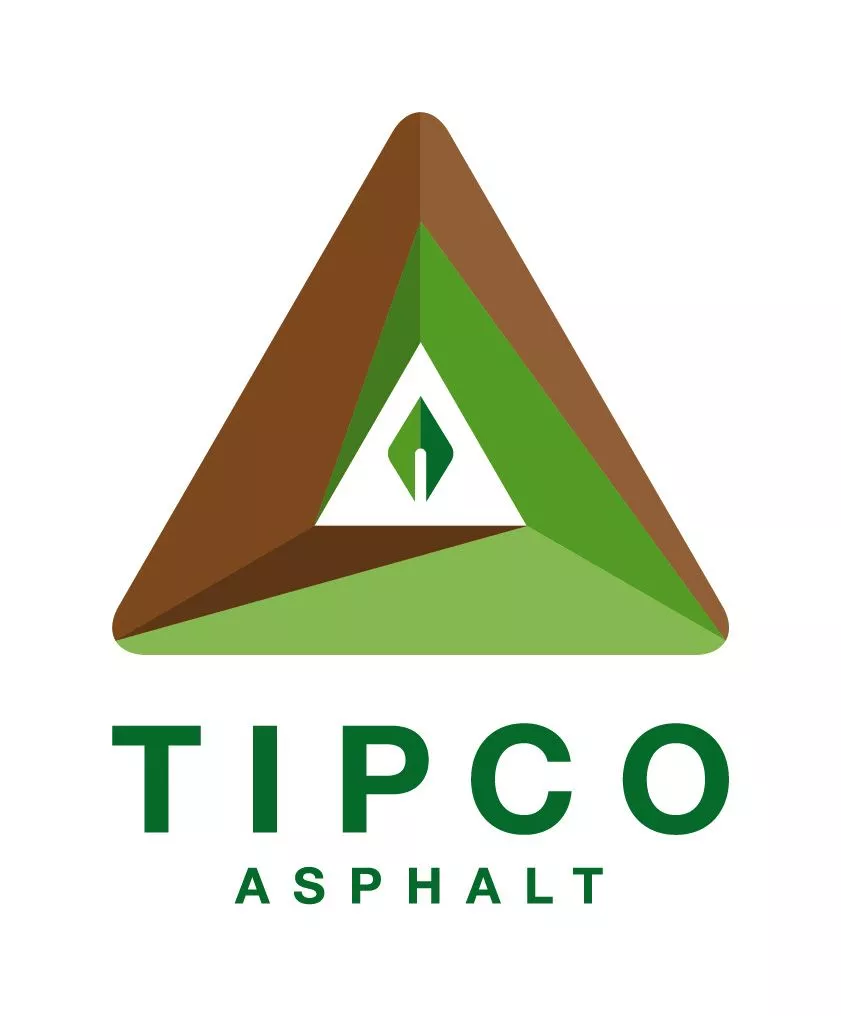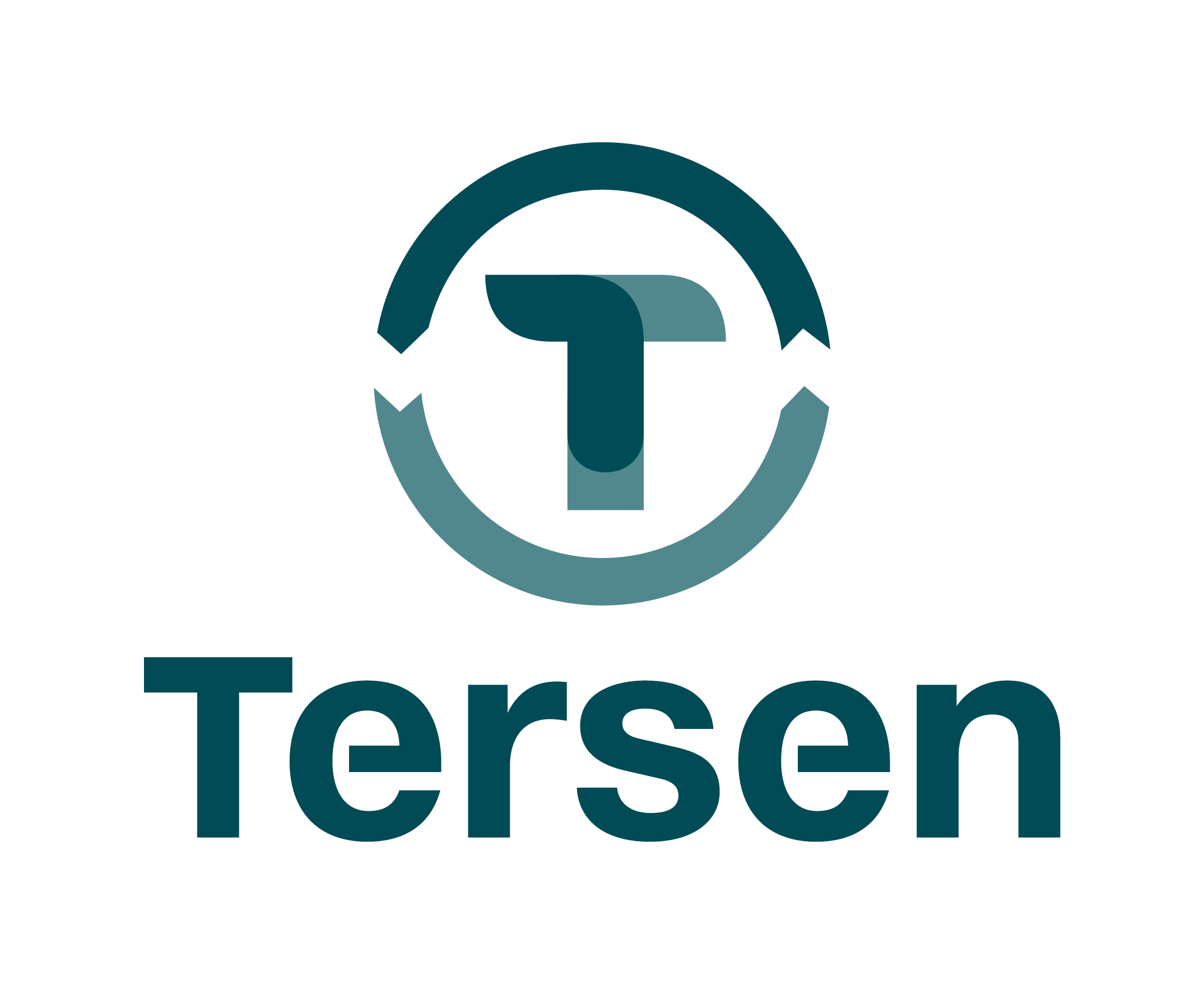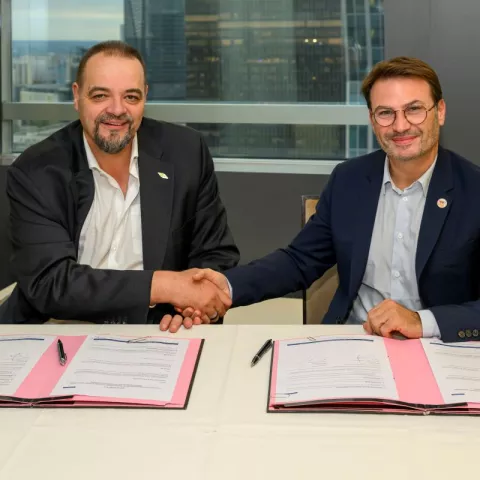Colas launches its own carbon counting tool

As part of its low carbon and biodiversity strategy, Colas has developed the first automated tool in the construction sector to calculate the carbon footprint of jobsites, based on quantitative data from the Group's financial information systems, called the Colas Carbon Counter.
Colas Carbon Counter is designed to measure, track and analyze the CO2 emissions of projects from construction to end of life, based on physical flows in invoices (liters of diesel fuel, tons of asphalt mix, etc.). The methodology is more accurate, allowing construction managers and supervisors to monitor carbon emissions as closely as possible, take action to reduce them, and share the results with their clients.
The carbon footprint calculation methodology is based on a global standard, the GHG1 Protocol. Emission factors are derived from recognized international and national databases.
Colas Carbon Counter has been successfully tested on several pilot sites in France and is now available throughout the country. The tool is currently being rolled out in the UK, with Switzerland and Belgium to follow soon.
Aimed primarily at site managers and supervisors, the Colas Carbon Counter is part of a global strategy to revise the Group's carbon accounting methodology based on real physical flows. Until now, Colas calculated its greenhouse gas emissions based on its sales for Scope 3a and its energy consumption for Scopes 1 and 2.
"Today, only 10% of companies are able to calculate their carbon footprint2 based on physical flows. Reducing the carbon footprint of construction projects and their supply chain is a real challenge for the construction sector. Understanding these emissions is very important in order to prioritize levers and take action, both on site and in purchasing", explains Anne-Laure Levent, Colas Group Environment Director.
Colas has set itself ambitious targets, in line with the Paris Agreement and validated by the Science Based Targets (SBTi) initiative: to reduce its direct greenhouse gas emissions by 30% and its indirect upstream emissions by 30% by 2030.
1 GHG - Greenhouse Gas
2 Source: Boston Consulting Group
Discover Colas’ latest press releases
Colas strengthens its operations in France with the acquisition of the Burgundy-based Hubert Rougeot Meursault Group

Appointment Stéphanie Minnebois, Group VP Techniques, Research, Development and Innovation, joins Colas' Executive Committee


















